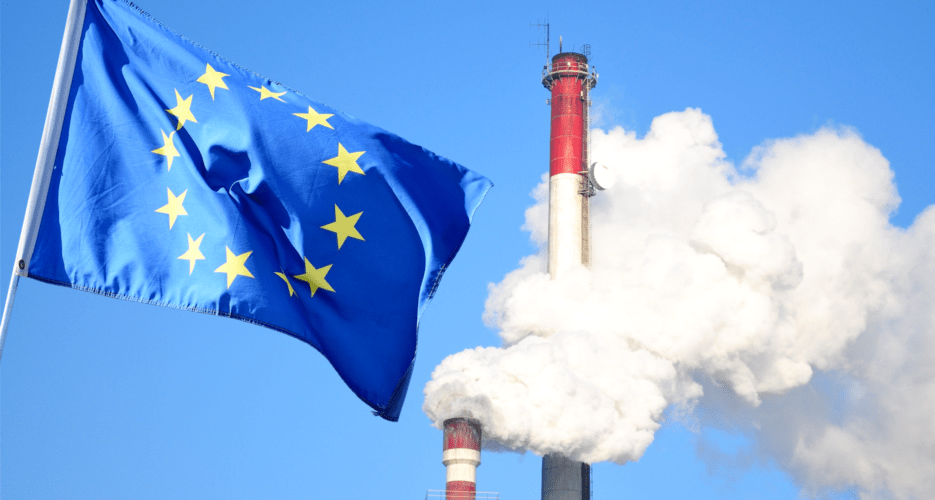Seoul seeks to mitigate impact on exporters of EU’s carbon adjustment mechanism, but doing so could create new problems
A group of South Korean governmental bodies recently wrapped up their second meeting analyzing the effects of the EU’s Carbon Border Adjustment Mechanism (CBAM) on Korean enterprises. The South Korean government’s standpoint remains consistent — to mitigate the repercussions of CBAM on Korean exporters to the EU.
But questions remain as to how effective Seoul’s response will be, as complying with the EU’s new rule will create new operational costs and attempting to reduce the impact on domestic firms could conflict with international trade law.
A group of South Korean governmental bodies recently wrapped up their second meeting analyzing the effects of the EU’s Carbon Border Adjustment Mechanism (CBAM) on Korean enterprises. The South Korean government’s standpoint remains consistent — to mitigate the repercussions of CBAM on Korean exporters to the EU.
But questions remain as to how effective Seoul’s response will be, as complying with the EU’s new rule will create new operational costs and attempting to reduce the impact on domestic firms could conflict with international trade law.
Get your
KoreaPro
subscription today!
Unlock article access by becoming a KOREA PRO member today!
Unlock your access
to all our features.
Standard Annual plan includes:
-
Receive full archive access, full suite of newsletter products
-
Month in Review via email and the KOREA PRO website
-
Exclusive invites and priority access to member events
-
One year of access to NK News and NK News podcast
There are three plans available:
Lite, Standard and
Premium.
Explore which would be
the best one for you.
Explore membership options
© Korea Risk Group. All rights reserved.
No part of this content may be reproduced, distributed, or used for
commercial purposes without prior written permission from Korea Risk
Group.












